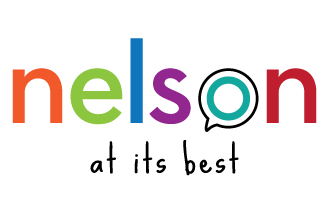On Wednesday May 22, Nelson at its Best and West Kootenay EcoSociety co-facilitated a multi-sectoral round table around our current climate crisis with over 30 people participating from a broad cross-section of community life.
The goal was not to debate the reality—the science and mounting evidence are clear— but to create a common understanding of how the effects of the climate crisis affect different sectors of Nelson, in particular the most vulnerable people. We also wanted to explore potential action steps that we, as community members, can take to address some of these effects.
There were 32 people participating from the arts, animal protection, business, communications, environment, health, interfaith, health, mental health, public safety, seniors, social service, tourism and youth sectors of our community. The participants talked together about their personal and professional/community responses to the human crisis we face, as well as action ideas, both currently underway and possible, around reducing the threat and mitigating and/or adapting to the consequences.
It was rich to have everyone bringing their clear minds, strong hearts and collaborative spirit to this important community conversation. Several times we heard that the ability to see ourselves as a community and work together is a definite strength Nelson has — in fact, it is an intrinsic aspect of true resilience. Throughout the evening, there was a lot of networking, and out-of-the-silo communication and brainstorming going on, which is a prerequisite to make this happen. This gathering was neither a beginning nor an end — rather a check-in and a cross-sectoral mobilizing exercise around the human climate crisis we are staring into, and the work that is needed and the work that is already in motion but not always well known or understood.
It is accurate to say that the evening ended up spending more time on mitigation of and adaptation to the threat and consequences of the climate crisis than around the need to get ourselves (city, region, country, world) off fossil fuels and fully into clean renewable energy.This is understandable in many ways, given the forest fire/smoke/heat/draught experiences of recent summer, and the two are definitely connected. But participants understood and acknowledged that it’s crucial that we keep an active eye on the ball of this critical policy piece, locally and globally, individually and collectively, that we have so little time to bring about, if we are going to turn things around.
The design and hope is that this group will engage with people in the coming weeks and months with our various circles, personal and community, to keep the dialogue happening and growing —and to begin and/or continue collaborating around individual and collection action steps.
Then we will meet again in mid-September to catch up and continue our work together.


